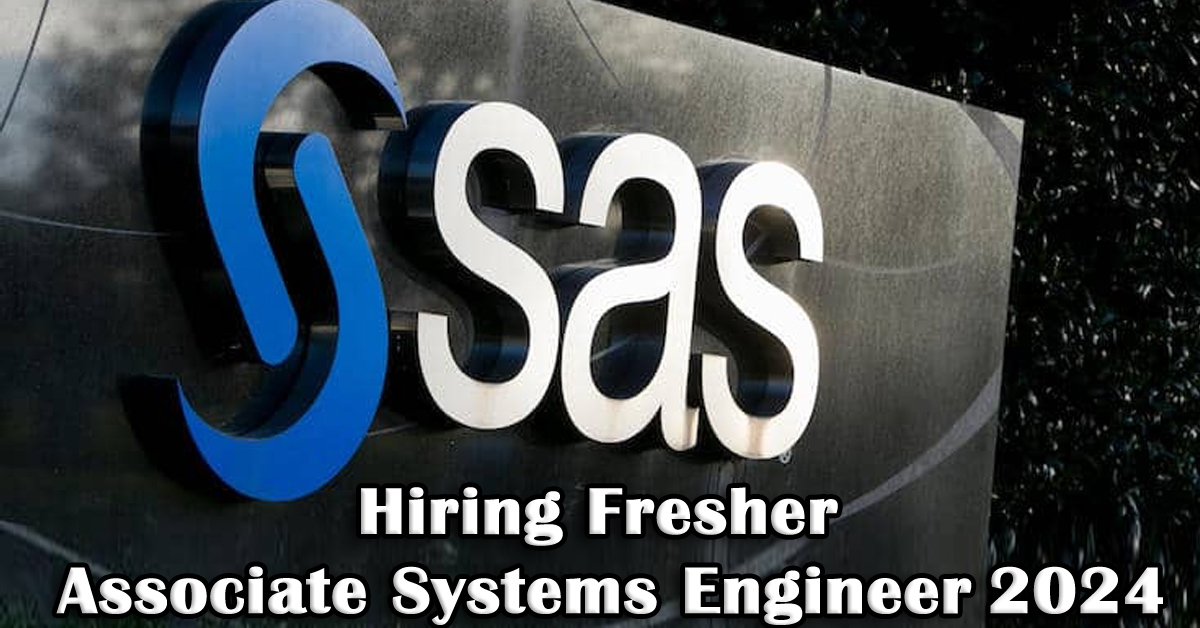Snapperit Jobs for Freshers 2024 for Application Developer Fresher
Snapperit jobs for freshers 2024 ,Snapperit jobs for bca freshers,Snapperit Jobs for Freshers 2023, Snapperit jobs,it jobs vacancy,freshersworld,jobsforu,freshershunt. Snapperit Mass Hiring * Role: Application Developer Fresher * Salary: 3.5-5.5LPA(Expected) * Location: Hydrabad * Experience: Freshers(0-1Year) * Education BE CS/IT/All Branch * Batch Recent-Batch Snapperit Jobs For Freshers 2024 For Application Developer Fresher. Snapperit jobs for … Read more










